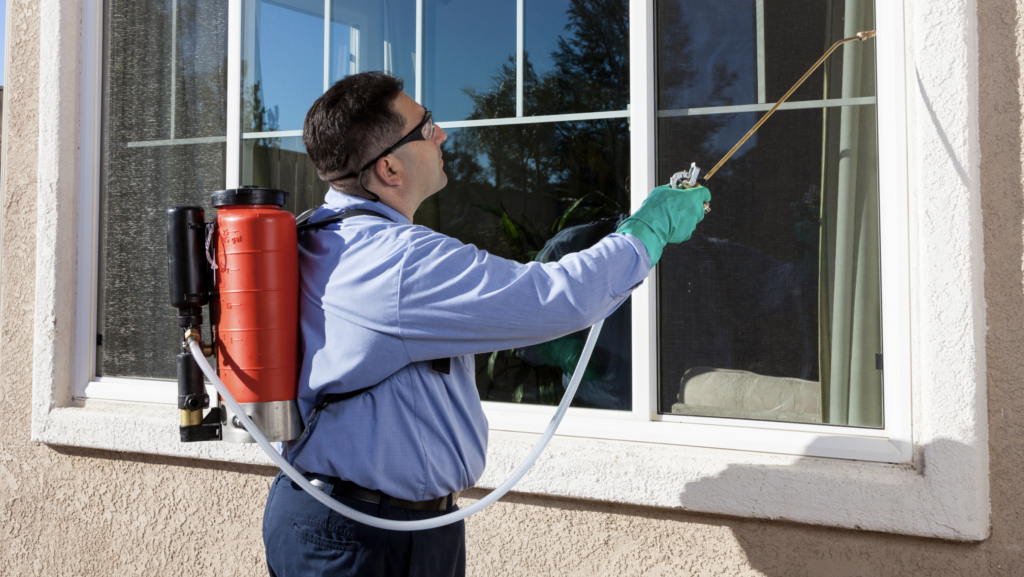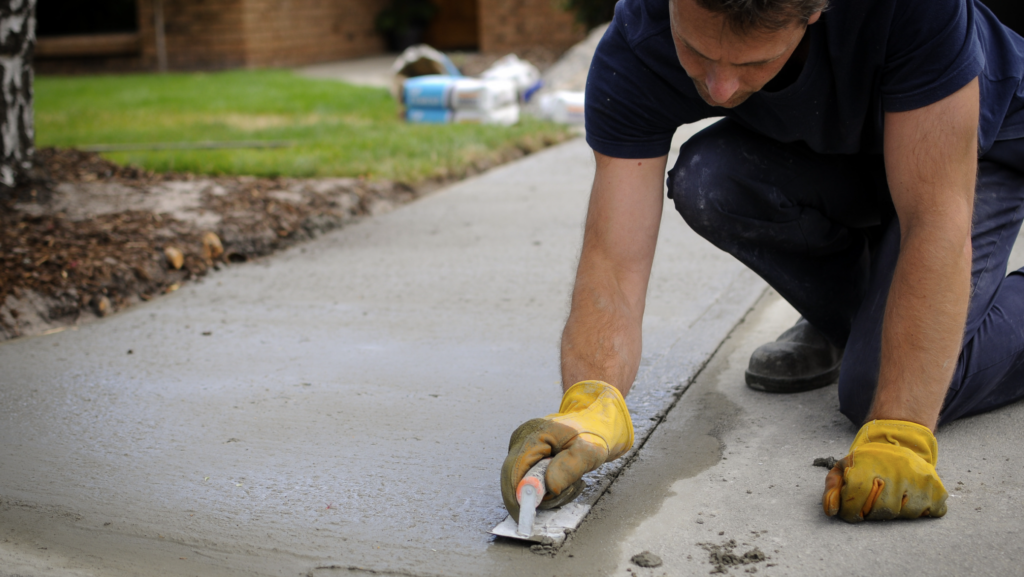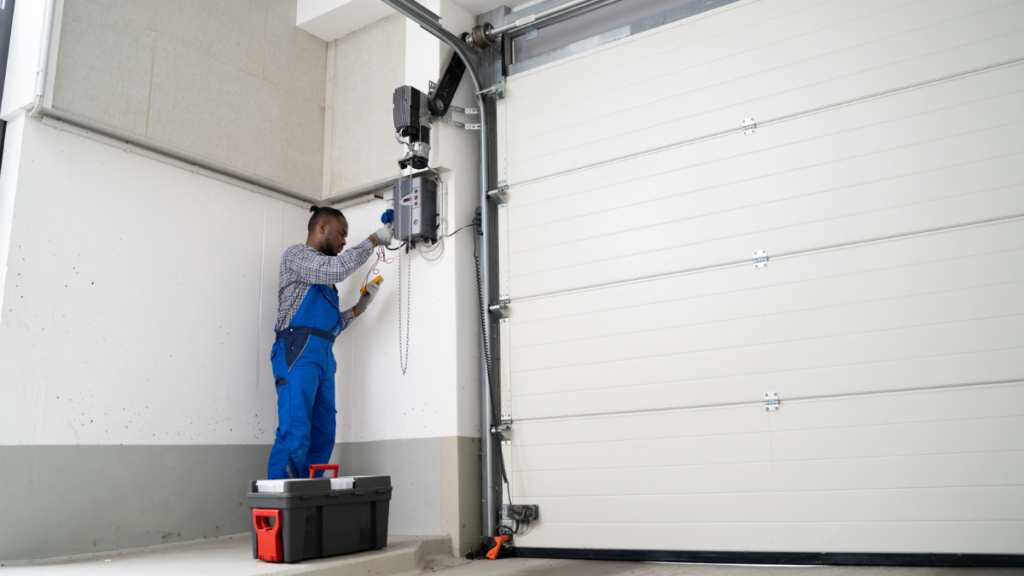West Virginia Rental Property Construction Guide in 2025
Discover everything you need to know about rental property construction in West Virginia. Whether you’re a first-time investor or seasoned developer, this ultimate resource provides comprehensive insider knowledge and step-by-step strategies needed to navigate West Virginia‘s unique construction landscape.
West Virginia rental property construction requires specialized knowledge of local building codes, zoning regulations, and market conditions that can significantly impact your investment returns and project timeline. This comprehensive guide provides real estate investors, landlords, builders, and managers with essential information covering everything from permit requirements and contractor selection to cost estimation and property management considerations specific to markets in Charleston, Morgantown, and other key areas throughout the Mountain State. You’ll discover proven strategies for maximizing rental income potential while ensuring compliance with state and local regulations, plus insider tips for overcoming common construction challenges unique to West Virginia’s terrain and climate conditions.
Find a Rental Property Construction Pro in West Virginia








Popular Cities in West Virginia
Charleston
Parkersburg
Fairmont
Huntington
Wheeling
Martinsburg
Morgantown
Weirton
Beckley
Common Challenges and Risks for West Virginia Construction
West Virginia’s Appalachian climate brings high humidity, heavy rain, flash floods, snow/ice, and harsh freeze–thaw cycles that demand moisture barriers, frost-depth footings, robust drainage/slope grading, and weather-aware scheduling (the 2016 Greenbrier Valley floods are a cautionary example). Steep terrain, landslide-prone slopes, expansive/clayey and shale soils, karst in the Eastern Panhandle, and legacy mine voids raise foundation risks—mitigate with geotechnical borings, subsidence mapping, over-excavation, deep piers/retaining systems, and engineered drainage (consult WV Geological and Economic Survey resources). The state uses International Codes with West Virginia amendments and strong local nuances—expect floodplain development permits, state fire/code reviews, driveway permits from WVDOH, and health department septic approvals, plus design review in historic districts like Harpers Ferry—so hold pre-application meetings and hire a local code consultant. Mountain logistics and a tight skilled labor pool can drive costs and delays; secure multiple bids, lock pricing, source from regional hubs (Charleston/Morgantown), sequence deliveries for narrow road access, and consider modular/panelized builds to cut site time (post‑COVID lumber volatility in Appalachia proved this). Insurance needs often include builder’s risk, robust liability for steep-site work, and flood coverage near rivers like the Elk and Kanawha, with added evaluation of mine-subsidence and landslide riders where available; use updated FEMA maps and geotech reports to set deductibles and limits. WV DEP’s NPDES stormwater permit, strict erosion/sediment controls, stream/wetland crossings (USACE 404), and habitat rules (e.g., bat-related tree‑clearing windows) can extend timelines—mitigate by front‑loading environmental surveys, aligning clearing with seasonal windows, and budgeting for best‑management practices and third‑party inspections.
PropertyBuild Financing
Rental Property Construction Financing in West Virginia
Ready to turn your rental property construction dreams into reality? Secure specialized construction financing in West Virginia today and get the capital you need to build profitable rental properties.


PropertyBuild Calculators
Rental Property Construction Cost Calculators
Trying to figure out how much a rental property construction or maintenance job would cost? Try any of our calculators for a quick answer!
West Virginia Resources and Associations
West Virginia Division of Labor
Contractors Association of West Virginia
West Virginia Construction FAQs
What building codes and standards must rental properties meet during construction in West Virginia?
Rental properties under construction in West Virginia must comply with the West Virginia State Building Code (WVSBC), which establishes technical rules and standards for building construction, renovation, and safety administered by the State Fire Commission. These codes follow widely recognized standards of good practice for building construction and are the only building code provisions that may be enforced in the state, though local governments are not required to enforce them.
What zoning permits and approvals are required before constructing a rental property in West Virginia?
Before constructing a rental property in West Virginia, you’ll need to obtain a building permit from your local municipality or county, along with zoning approval to ensure the property complies with local land use regulations and density requirements. Additionally, you may need special permits for multi-family dwellings, septic systems, water connections, and must ensure compliance with state fire safety codes and accessibility requirements before beginning construction.
How many rental units must be included in a construction project to qualify for BUILD WV Act development incentives?
A construction project must include a minimum of 10 rental units to qualify for BUILD WV Act development incentives. This threshold ensures that projects contribute meaningfully to addressing West Virginia’s housing needs while maximizing the program’s impact on community development.







